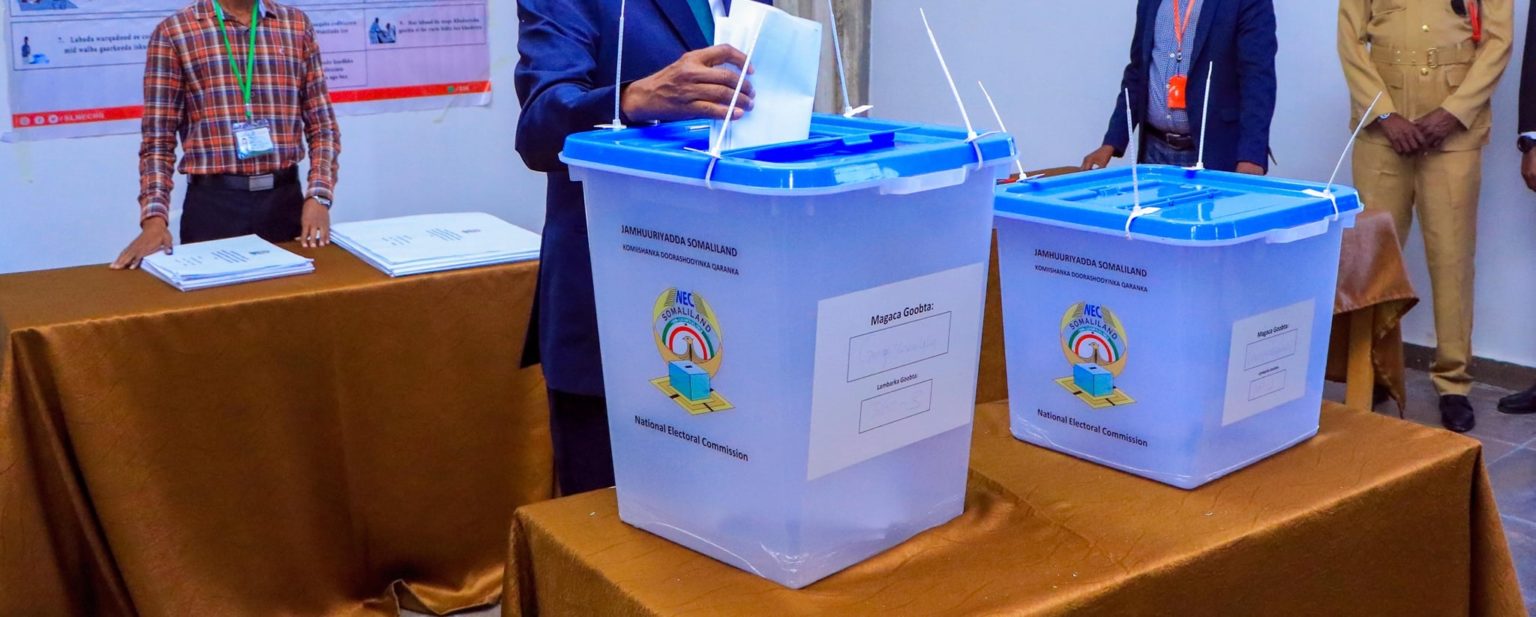There is no constitutional, political, or moral justification for extending the term of President Hassan Sheikh Mohamud or the current Federal Parliament. Both institutions have undeniably demonstrated a profound failure to fulfill their constitutional mandates and have contributed to the further erosion of governance, public trust, and state legitimacy in Somalia.
Somalia remains engulfed by a constellation of interrelated crises—political, security, economic, and humanitarian—that defy quick or simplistic solutions. Nevertheless, Somali citizens must assume collective responsibility of securing their statehood and national survival.
It is an incontestable reality that Somalia’s peacebuilding and state-building processes have not merely stagnated but have, in effect, fallen apart. The trajectory of governance since 2022 reflects institutional paralysis, pervasive corruption, and deepening public disillusionment. The corruption has reached levels that defy public imagination and insult national dignity, leaving citizens disillusioned and animous toward the whole government. To avert further deterioration, Somalia urgently requires a political reset, centered on a credible, inclusive, and transparent electoral process. Such a process must aim to produce leadership possessing integrity, competence, and commitment to the rule of law, thereby restoring citizens’ confidence in public institutions.
The 2012 Provisional Constitution remains the supreme law of the land and must continue to serve as the primary framework guiding Somalia’s political transition. Within this framework, three informally agreed principles (de facto amendments) should be formally agreed:
- Institutional Separation: No member of next parliament shall concurrently serve as a member of the cabinet, thereby reinforcing the principle of separation of powers and reducing political patronage.
- Electoral Timetable: The federal member states of Galmudug, Hirshabelle, and South West are to conduct their respective elections in February 2026.
- Special Commitments: The current administration’s deeply corrosive governance and fiscal legacies must be addressed within 15 months, and the Provisional Constitution must be finalized and ratified by parliament within 20 months following the installation of the next cabinet, through a widely hailed, participatory, and transparent process that reflects national consensus.
It is, however, absolutely unthinkable to allow President Hassan Sheikh Mohamud to lead or oversee the implementation of these special commitments, given his administration’s responsibility in perpetuating institutional dysfunction, political manipulation, and erosion of public trust for the past 42 months. A new, exceptional, competent leadership structure at national and state levels is essential to ensure that these commitments are carried out credibly, transparently, and in full accordance with constitutional and democratic principles.
The extension of the current administration’s mandate would represent not only a breach of constitutional norms but also a death kneel for Somalia’s aspiration for democratic rule under accountable government. The Federal Government of Somalia (FGS) has reached the level of kingpin corruption; extending its tenure would merely prolong institutional decay and political manipulation rather than contribute to national recovery.
A particularly damaging legacy of the current government is the entrenchment of a culture of corruption and institutional dysfunction within the federal apparatus. The Federal Parliament has effectively abandoned its constitutional functions of legislation, oversight, and representation. Empirical reports indicate that nearly half of the members of parliament attended fewer than fifteen sessions during the past 42 months, despite continued receipt of salaries, allowances, and other financial benefits. Such absenteeism and rent-seeking behavior constitute a profound betrayal of public trust and a distortion of representative governance.
Furthermore, approximately forty members of parliament have formed what can be described as “a predatory parliamentary cartel,” a network of legislators who have transformed the parliament into a marketplace for transactional politics, policy manipulation, corruption, and sabotage of institutional accountability. No one has so far challenged the detrimental behavior of those corrupt parliamentarians.
In conclusion, Somalia’s future depends on the reestablishment of institutional credibility, the rule of law, and accountable leadership. The path forward requires adherence to constitutional timelines, effective implementation of state building foundations, and a commitment to rebuilding public administration grounded in transparency and public accountability. Only through these measures can Somalia begin to reverse its trajectory of decline and renew the prospects for genuine peace and state consolidation.
Dr. Mohamud M. Uluso

